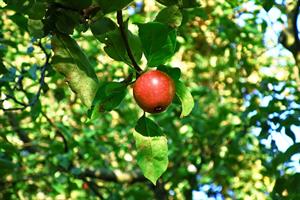
PUMPA - SMART LEARNING
எங்கள் ஆசிரியர்களுடன் 1-ஆன்-1 ஆலோசனை நேரத்தைப் பெறுங்கள். டாப்பர் ஆவதற்கு நாங்கள் பயிற்சி அளிப்போம்
Book Free DemoHere the poet is emphasizing on anger management. He says that he was angry with his friend and told his friend why he was cross with him/her, and the anger did not last for a long time and vanished away. In the same way, the poet says he was angry with his enemy, but he did not tell him about it. The anger grew more because he kept it within himself. From this paragraph, the poet says that it will be easy to let the anger go away upon our friends as we talk to them regarding it, but it will be quite difficult to let it go away on the enemy, and it keeps increasing till we talk to them.

He compares his anger with a plant or a tree. We water the plant for its survival, and the author watered anger with fear, and tears day and night. We sun the plant to grow, and the poet says that he sunned his anger with his smiles and lying tricks whenever he saw his enemy and his anger continues to grow.

We learn about the outcome of the poet’s hidden anger, symbolized by an apple tree. As we all plant a tree and take good care, it grows and bears fruit. The poet compares the anger he grew within himself day and night to the shiny apple fruit from the poison tree that he grows. The poet's enemy saw the apple fruit, which was shining, and he knew it was the poet's.

We human beings steal fruit from a garden and eat it without understanding the consequences. In the same way, one day the poet’s enemy fell into the trap and gets into the poet's garden during the darkness covered the pole star and stole the apple from the poison tree and supposedly eats it in the night, as the speaker observes him gone the following day. What this denotes is the speaker’s anger eventually coming out. The wrath has built up to such a point that it cannot just be told; it must be acted upon. And acted upon it was. The speaker saw his enemy dead, and he was pleased at the sight.